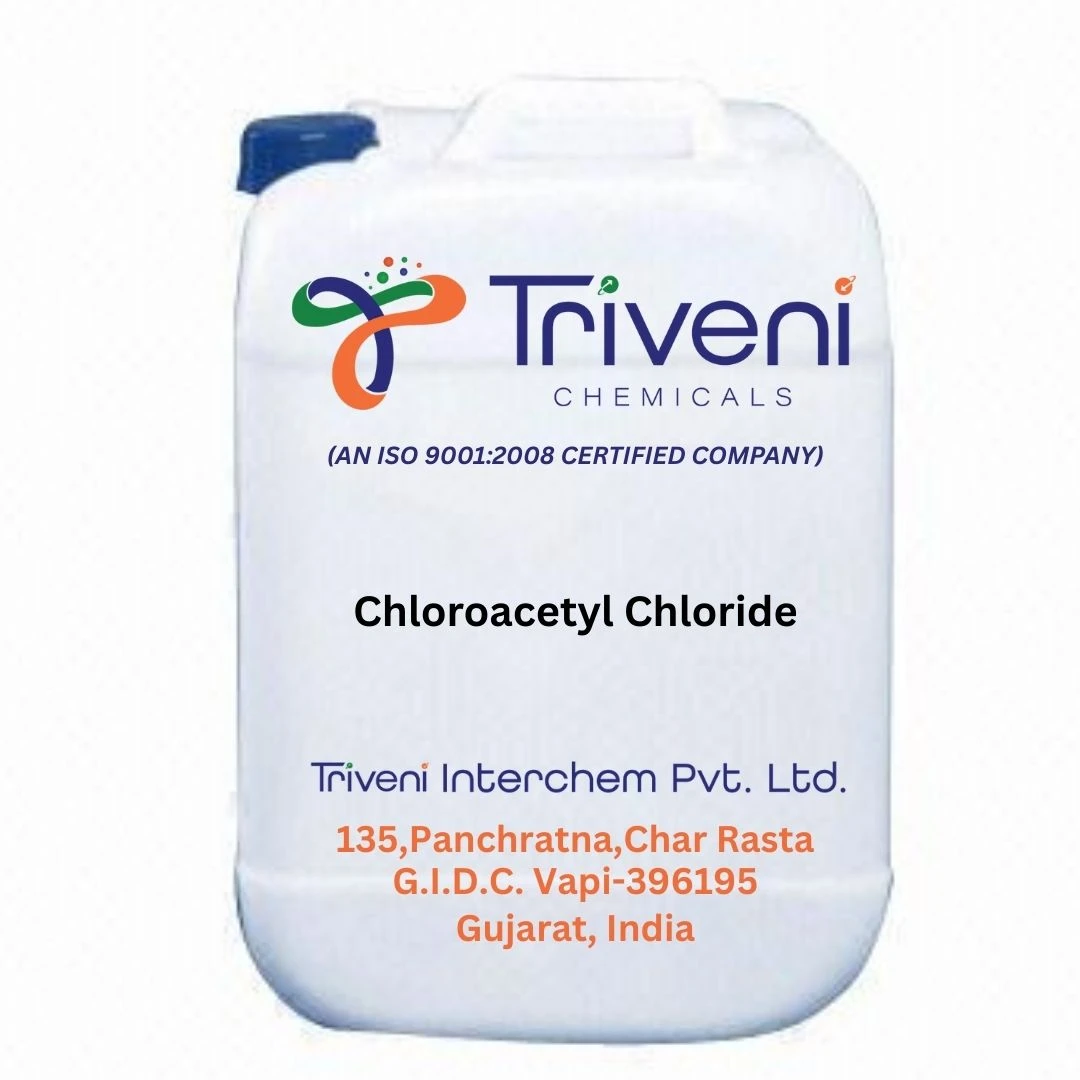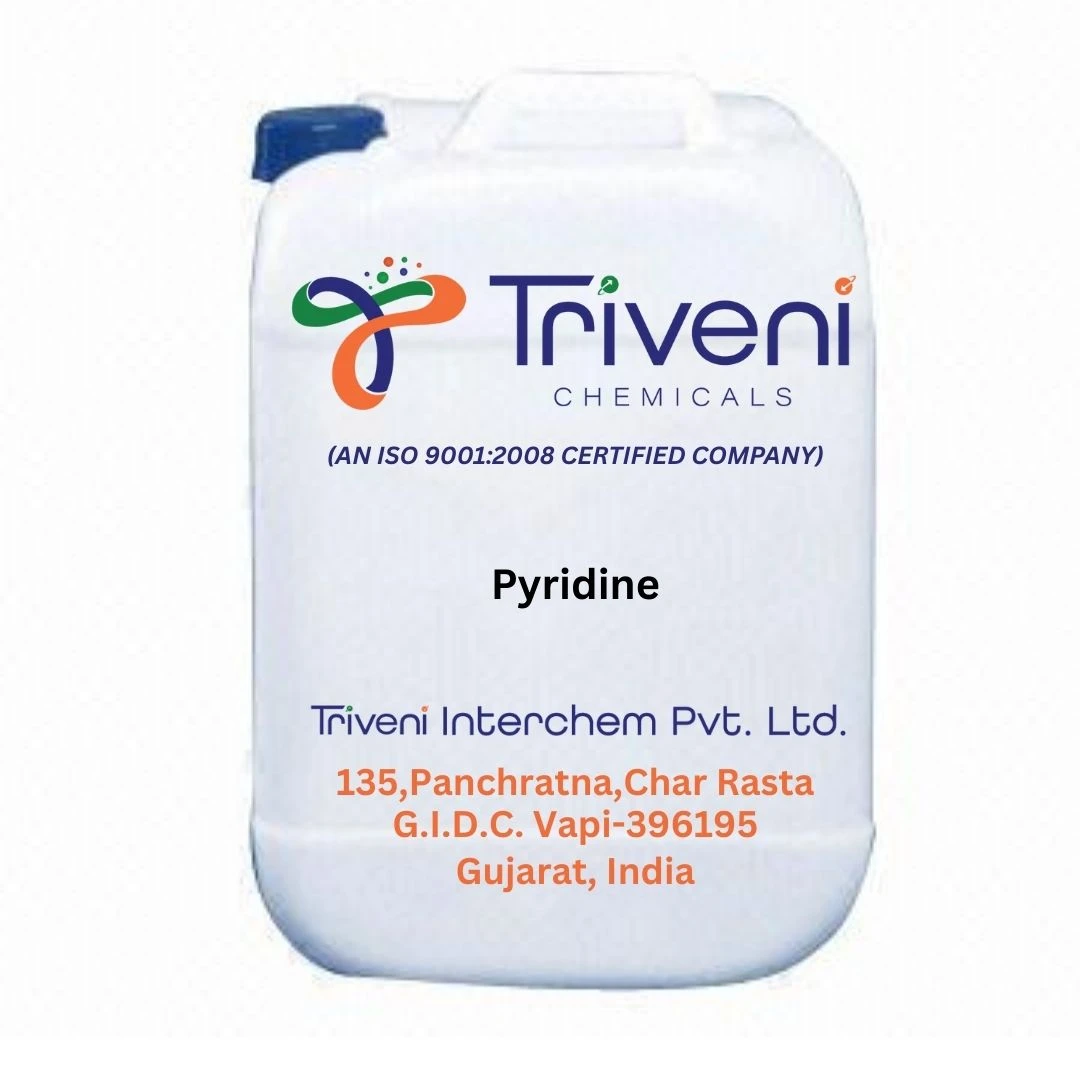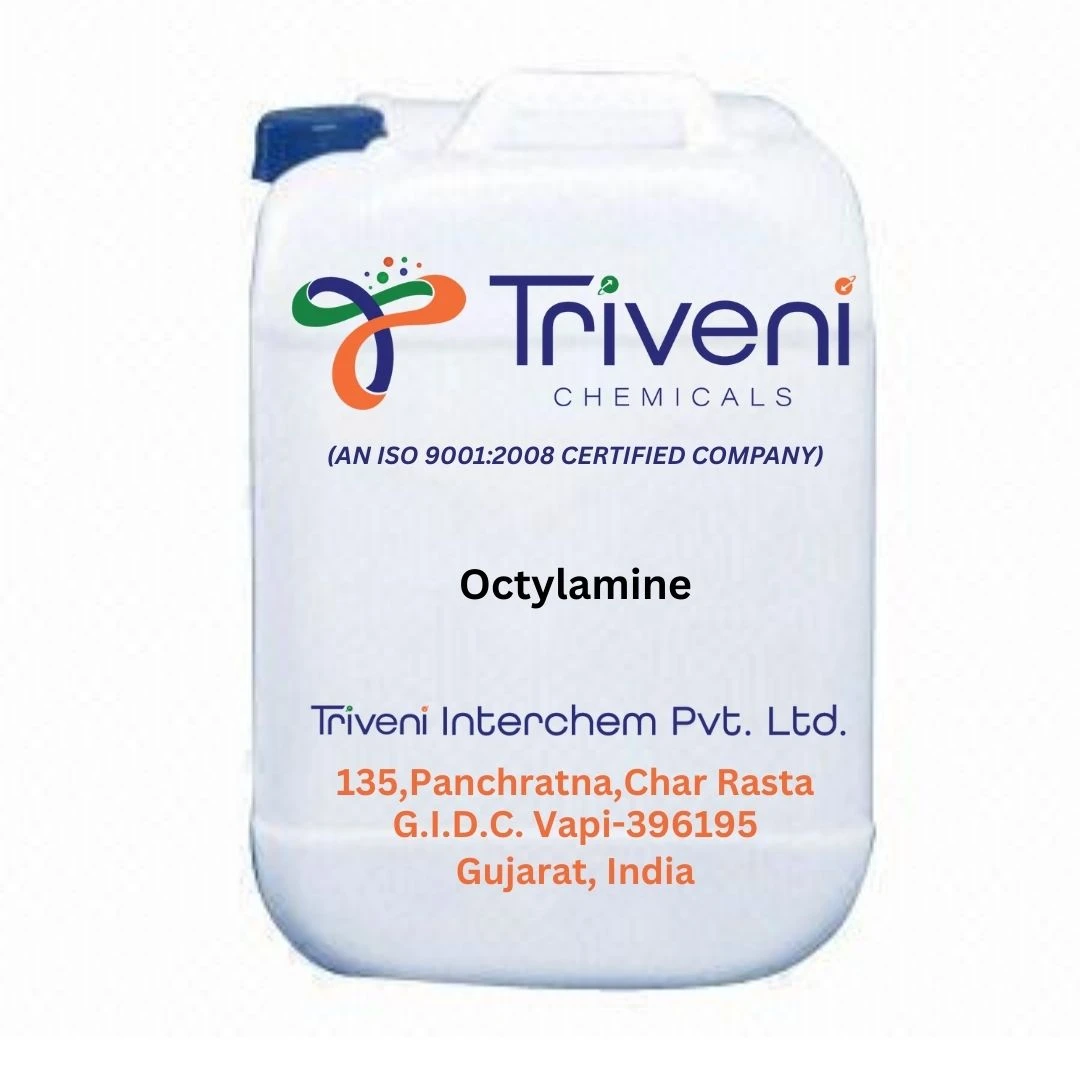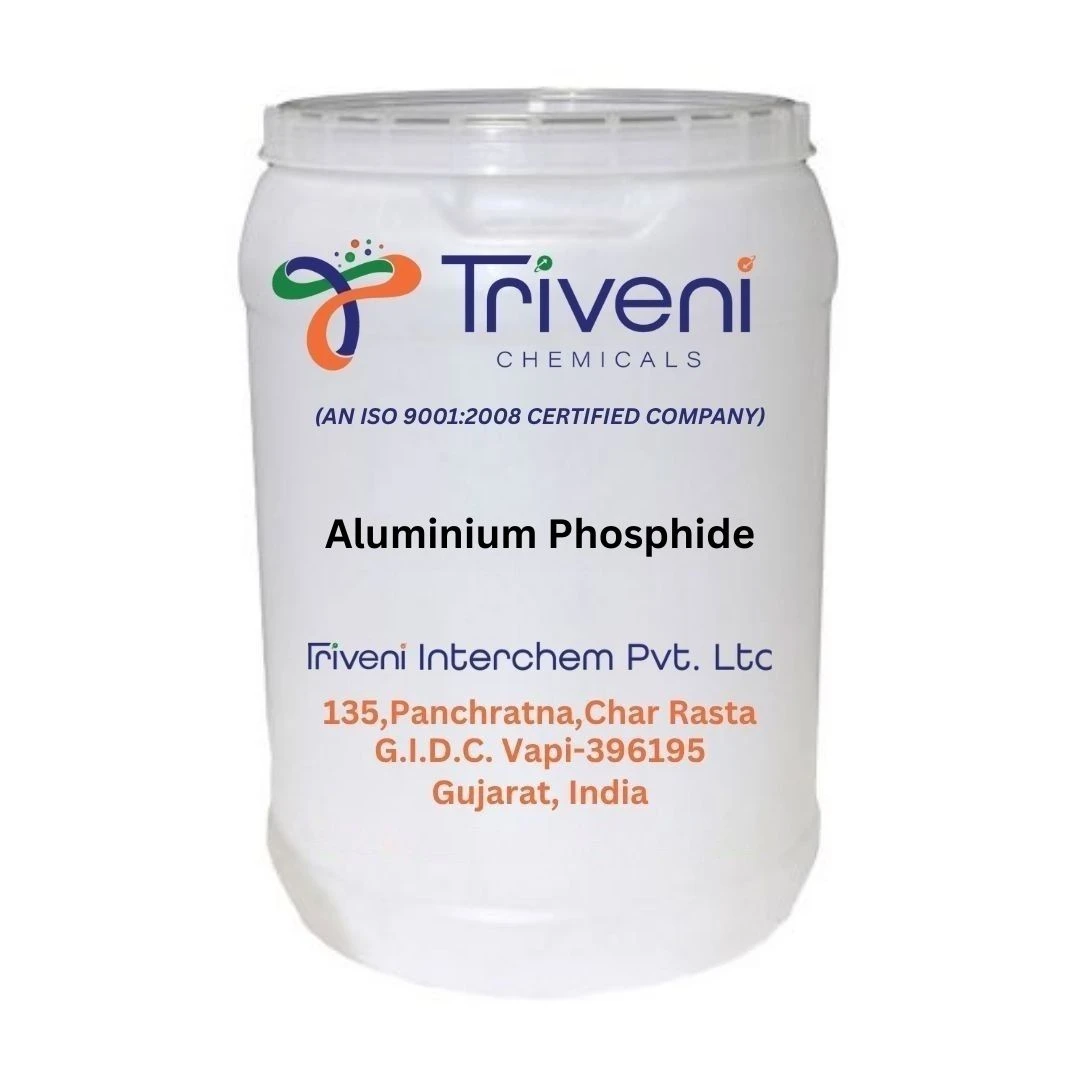Herbicides and pesticides play critical roles in modern agriculture, reducing undesired pests and weeds, increasing crop yields, and assuring food security. Herbicides specifically target weeds, whereas pesticides include a larger spectrum of chemicals that target insects, fungi, rodents, and other crop-threatening pests. Herbicides: Herbicides are chemicals that are used to..
Herbicides and pesticides play critical roles in modern agriculture, reducing undesired pests and weeds, increasing crop yields, and assuring food security. Herbicides specifically target weeds, whereas pesticides include a larger spectrum of chemicals that target insects, fungi, rodents, and other crop-threatening pests. Herbicides: Herbicides are chemicals that are used to kill or prevent the growth of undesirable plants, sometimes known as weeds, that compete with cultivated crops for nutrients, water, and sunshine. They occur in a variety of forms, with some selectively targeting specific types of weeds and others non-selectively harming a wide range of plant species. Selective herbicides are frequently used in agricultural practices because they allow farmers to manage weeds while preserving the intended crops. They function by disrupting the plant's growth hormones or metabolic processes, resulting in wilting, cell damage, or death. For example, glyphosate-based herbicides disrupt a critical enzyme essential in plant growth, efficiently killing weeds while not damaging most crops that have been genetically modified to resist them. Non-selective herbicides, on the other hand, work against a wider range of plants. They are employed in situations where thorough vegetation removal is required, such as clearing fields before planting or managing invasive species. However, because of their broad influence, they must be applied with caution to avoid damaging desirable plants. Pesticides: Pesticides are a broad category of chemicals used to control numerous pests that affect agricultural productivity. Insecticides kill insects, fungicides destroy fungi and their spores, herbicides kill weeds, and rodenticides control rodent populations. Insecticides, one of the most regularly used pesticides, come in a variety of forms, including contact, systemic, and stomach poisons, and are designed to impair insects' nervous systems, growth, and reproduction. For example, neonicotinoids harm insects' central nervous systems, causing paralysis and death. Fungicides are critical in combating fungal diseases that can destroy crops. They function by preventing fungal cell development or interrupting metabolic pathways. Copper-based fungicides, for example, inhibit enzymes necessary for fungal cell activity. While these chemicals have considerably enhanced agricultural output, worries about their environmental impact, such as water and soil contamination, as well as potential health dangers, have encouraged the development of more sustainable methods. Integrated Pest Management (IPM) solutions seek to reduce chemical use by integrating approaches such as crop rotation, biological pest control, and the use of resistant crop types, thereby lowering dependency on herbicides and pesticides while maintaining effective pest and weed management.






